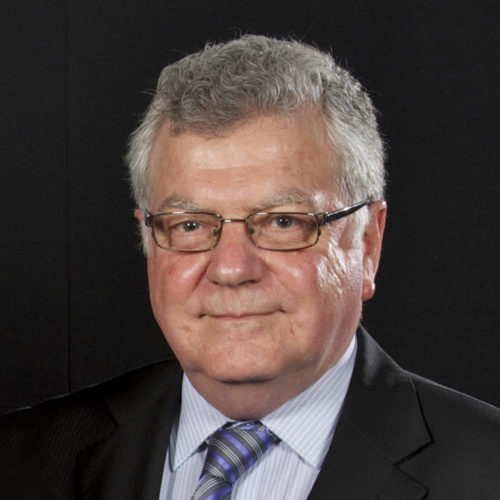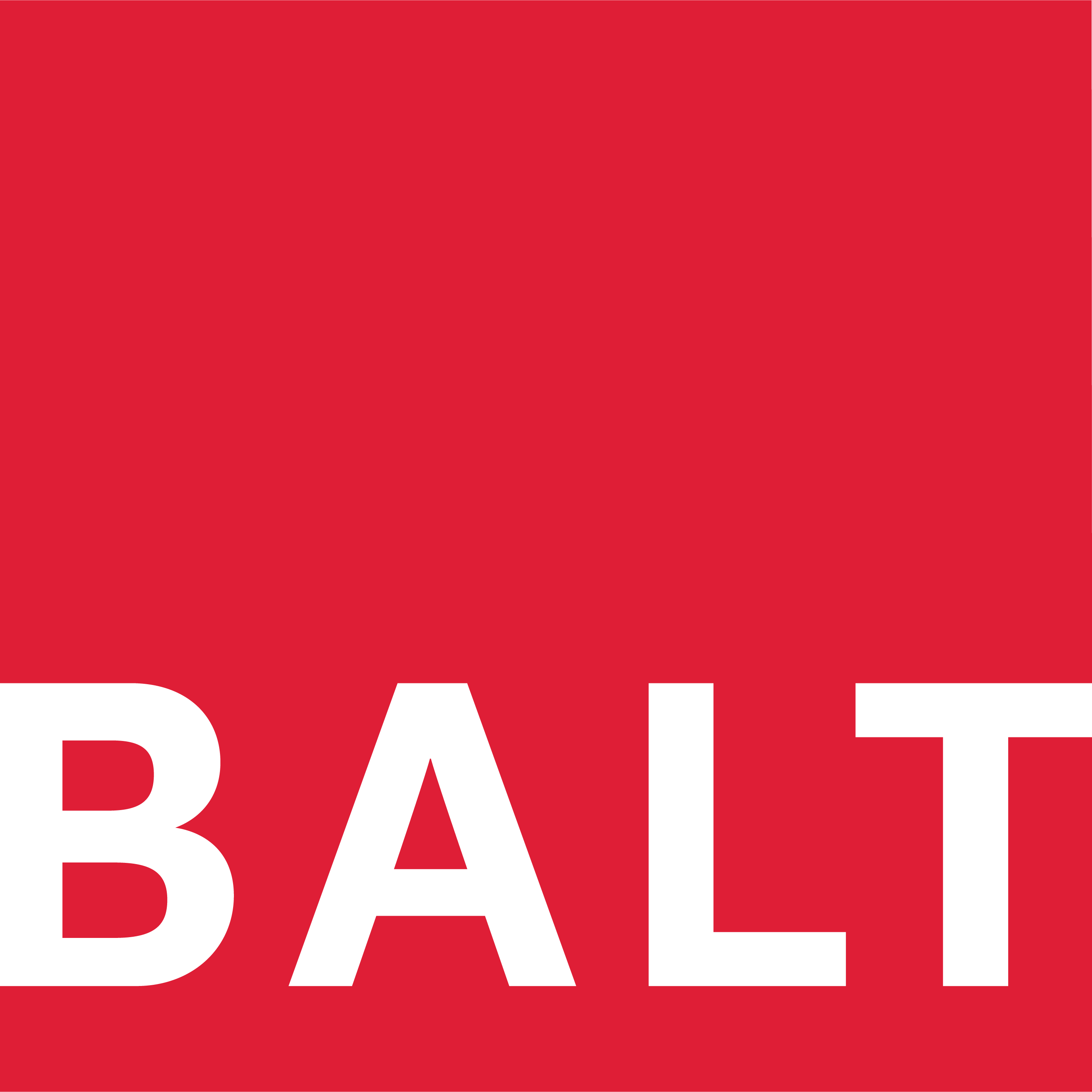| Dr John Molineux Deakin University (Australia) |
Workshop 6 Soft systems methodology – A great technique for complex problem solving with groups |
| Bob Cother The Action Learning Institute (Australia) |
Workshop 7 Developing 21st century skills through action learning |

Dr John Molineux
Deakin University
Department of Management
Australia
Soft systems methodology – a great technique for complex problem solving with groups
This workshop will outline the process of using Soft Systems Methodology (SSM) by working through participants’ own problem contexts. SSM was developed in the UK by Peter Checkland and colleagues using action research, and is a great tool for creating new solutions or rethinking complex problems with groups or teams. SSM uses systems thinking and other creative tools such as rich pictures, in developing understanding of complex problems or systems. The process enables designing possible new or alternative systems and solutions, and then determining feasible actions and outcomes. Active group participation and involvement is a key feature of the design of the process.

Bob Cother
The Action Learning Institute
Australia
Developing 21st century skills through action learning
In Australia, as in other OECD countries, employers report difficulties in finding young people with the required workplace skills. Employers seek young people not only with technical skills, but also ‘21st Century skills’’(sometimes referred to as ‘employability’,‘enterprise’, ‘deep’, ‘future’ or ‘human’ skills). Job seekers with these skills earn higher wages. Future jobs will require more of these skills. They are common across all occupations and industries.
Such skills are difficult to develop in a classroom with traditional instructor-led delivery. They are acquired through practice and experience, working with others in a work environment.
This session is presented by Bob Cother, Director of the Action Learning Institute (ALI). ALI is an edtech start-up and one of the most innovative registered training organisations in Australia. Their unique approach to formal qualification comes from over a decade of action research in education and training, and the development of supporting technology, to deliver nationally recognised qualifications entirely through action learning.
ALI contends that action learning lends itself admirably to the development of 21st Century skills. They believe the time is right for action learning to take centre stage in post-secondary education and training.
An overview of the action learning approach to developing 21st Century skills will be presented. Best practice experiential learning programs will be evaluated against the action learning approach. Criteria and methodologies for assessing 21st Century skills will be explored and compared and a concept for formal recognition of action learning skills will be shared for critical evaluation by the audience.
